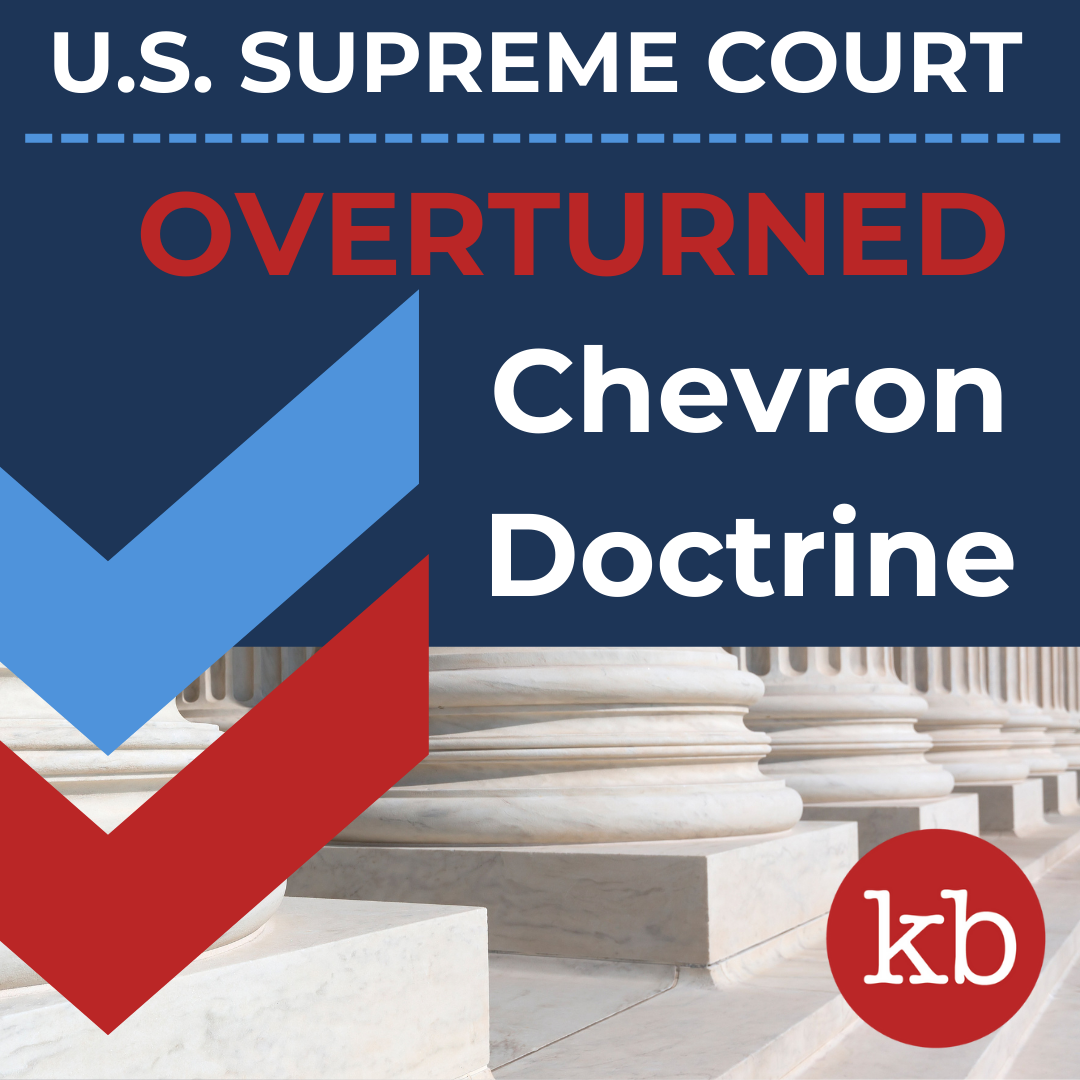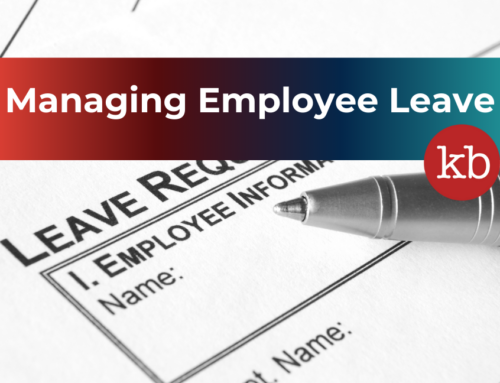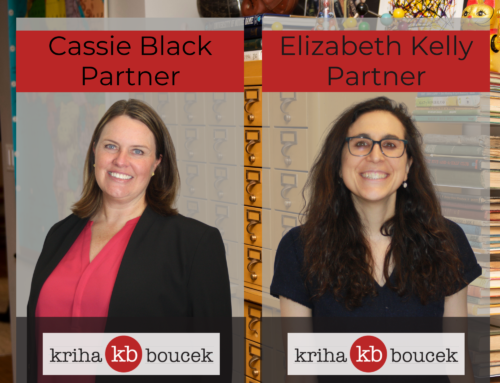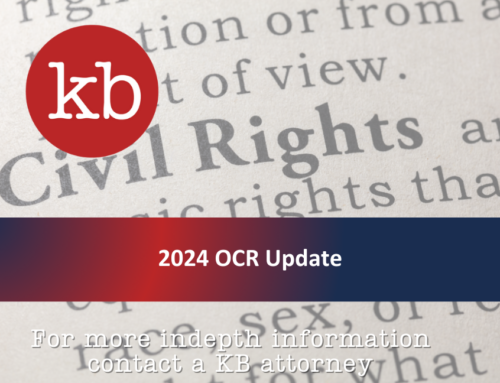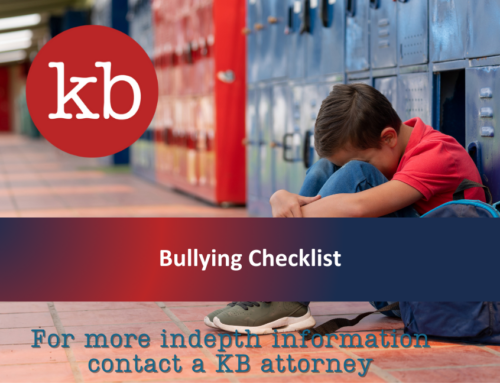On June 28, 2024, the U.S. Supreme Court limited the power of federal agencies (including the U.S. Department of Education) by overturning the ‘Chevron doctrine’ which had been recognized since 1984. Chevron U. S. A. Inc. v. Natural Resources Defense Council, Inc., 467 U. S. 837 (1984).
The Chevron doctrine stood for the proposition that courts must defer to agency interpretations of federal statutes, even in situations where the court reads the statute differently. The high court’s June 28, 2024 decision in Loper Bright Enterprises v. Raimondo, overturned this 40-year-old precedent, ending the deference given to federal agencies to issue regulations and guidance documents. The decision reflects a return to a more traditional approach where courts, not agencies, resolve statutory ambiguities.
The facts of the Lopez case involved a series of rules promulgated by the National Marine Fisheries Service, but the holding will impact every agency in the federal government. Public school systems will be uniquely affected by this decision since schools are highly regulated by the Department of Education, the Office for Civil Rights, the Office for Special Education Program, the Family Protection Compliance Office, and the Department of Justice.
A few recent examples of guidance and rules affecting public schools that may be challenged include:
- Final Rule Amending the Title IX Regulations issued by the DOE in April 2024
- Guidance on Constitutionally Protected Prayer and Religious Expression in Public Elementary and Secondary Schools issued by the DOE in May 2023
- Guidance on Web Accessibility and the ADA issued by the DOJ in March 2022
Federal agencies will no doubt continue to promulgate rules and issue guidance; the Supreme Court’s holding does not prohibit them from doing so. However, the rules and guidance need not ultimately be given deference by a court of law. Under the circumstances, it is fair to expect that lawsuits will be filed challenging a litany of DOE guidance documents and rules. Over time, we anticipate fundamental changes in how federal agencies operate and enforce regulations.
As always, don’t hesitate to contact a KB attorney for more information.

